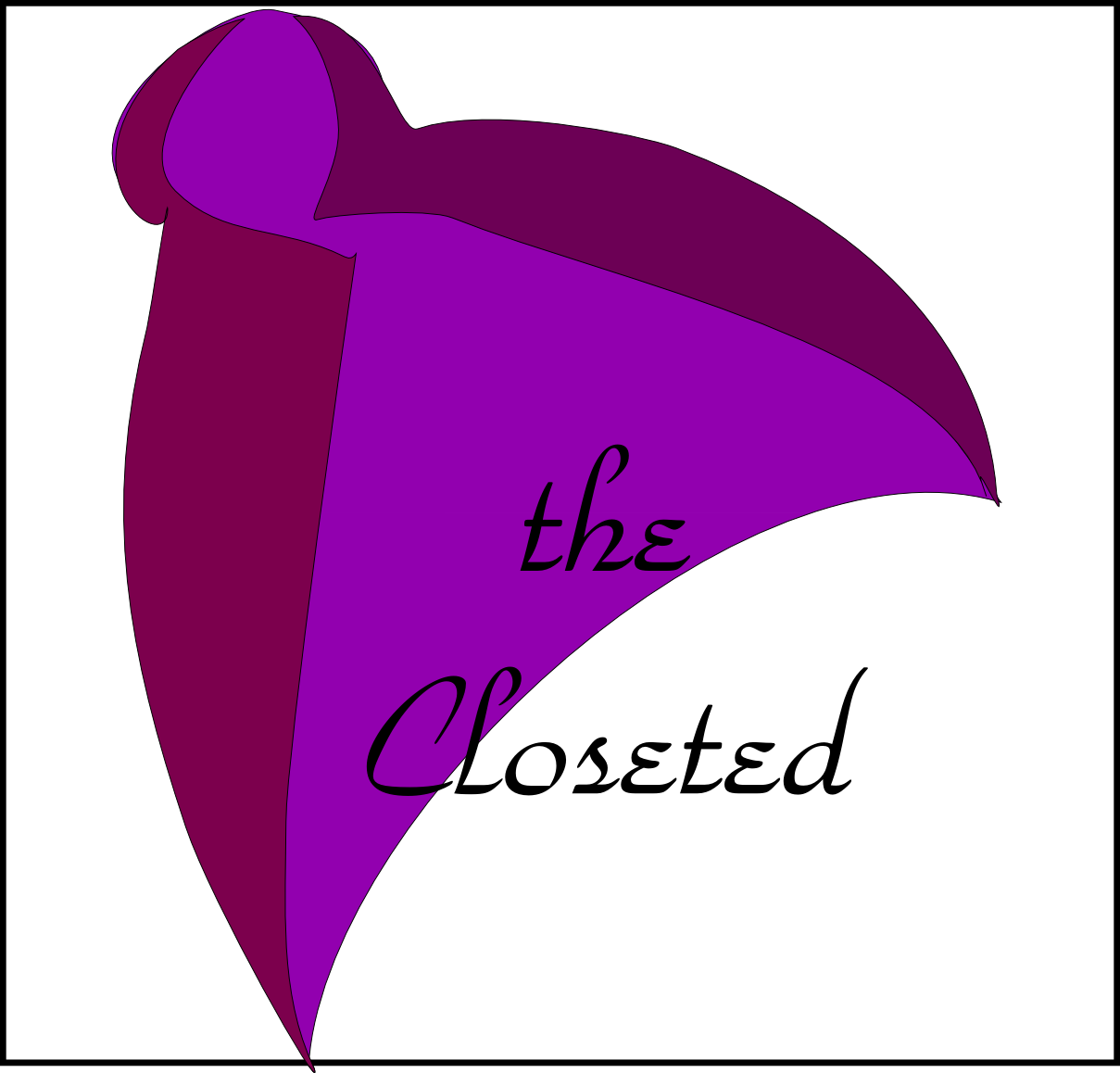 PRONOUN GLOSSARY
PRONOUN GLOSSARY

 PRONOUN GLOSSARY
PRONOUN GLOSSARY

In the English language...
0) he/him is male, usually used by men (including Trans men).
she/her is female, usually used by women (including Trans women).
Some Non-Binary people do however use these pronouns.
one/one is a traditional form for a gender-neutral pronoun.
1) they/them is gender-neutral, used by some Trans and Non-Binary people.
2) some pronouns are what Humpty Dumpty would call a portmanteau, eg hir of him and her. Some people's pronouns specifically alternate between him and her every time they are mentioned in conversation, e.g. "She went to the car to pick up his books that she had left behind."
3) some Trans, Queer and Non-Binary people use other pronoun systems like ze/zir, xe/xer, xe/hir or ey/em. The best thing to do with these is to provide links to great compilations/explanations as well. See e.g. here, here, here, or here.
4) The next most common type of pronouns is probably She/Her, He/Him or any other capitalization of the previous. This denotes a Dominant.
A new suggestion is that half-sized leading letters be used as submissive pronouns: he/him, they/them.
There's also 'it', as a means of consensual objectification of people who wish for such :)
5) A first major reason to this new and conceptual Glossary is to raise awareness of some further Non-Binary pronouns and issues.
* Firstly, Non-Binary people don't necessarily accept Trans Pronoun conventions.
* they/them (specifically plural) for a person simultaneously of more than one gender. With time, some of the previous versions, or similar, may be taken to be more obviously specifically plural pronouns.
6) A second major reason to write this is to introduce time and context dependent pronouns as used by some GenderFluid people.
* I am she/her when I say so, they/them when I say so, and he/him when I say so, and am gentle and patient whenever well-meaning people get this wrong is one type.
* I am she/her when wear the large hairpin, and he/him when I don't, and am gentle and patient whenever well-meaning people get this wrong is another, supported by minimalistic presentation.
* I am he/him when I wear the bowler hat, she/her when I wear the skirt, and they/them (plural) when I wear both, and am gentle and patient whenever well-meaning people get this wrong so long as they start getting it right.
* I have been she/her since the summer, but was he/him before that. Contrast with many Trans people not referring to 'dead' past selves. GenderFluid people can be happy with all identities and not wish for their pasts to be re-gendered. In such a case, one should use he/him if referring to what this person did before last summer. If the pattern over time is more complicated, they might sometimes have a default pronoun encompassing all their past gender expressions, or may wish to be ask what their pronouns were at that point. To some Trans people, this would be a very rude question! But not to some GenderFluid people. It's also worth noting that GenderFluid people may change names as frequently as pronouns. Some are phonetically helpful in this manner, by using names that are pronounced the same, such as Danny and Dani or Joe and Jo. But, of course, people are entitled to go by whatever name; there's no need for such phonetic similarities. Some names are of course used by people of both genders spelled the same way, e.g. Leslie. Some are spelled the same but each is short for something different like a Sam could sometimes be short for Samantha and sometimes short for Samuel. Finally, some GenderFluid people might adhere to a common Trans convention of being known by an initial pronounced as the letter itself: D. pronounced Dee. For added confusion, a few of these are also a conventionally gendered name phonetically e.g. K. pronounced 'Kay'.
7) A third major reason is to explain some of the forms taken by Closeted pronouns.
* The main point about these is that they are not only time and context dependent but security-valued.
* A typical example is I am xe/xer whenever in private and every last person present knows. Whenever else, I am she/her. If ever in doubt, you must call me she/her, and I'll say everyone present knows I am xe/xer. Calling such a person xe/xer in the wrong context would amount to Outing them and should be avoided at any cost. Calling the person she/her in a place they consider to be safe being called xe/xer just causes of the person to reassure you that it's a place where xe/xer can be used for xer.
* A common variant is to replace "every person present knows" with "every person present knows and I am comfortable with their knowing". This differs from the preceding in that e.g. xe may have entrusted a person, so that person know, but we might have been unwise in that trusting. That person might be a Transphobe or a Closetphobe or someone who caused xer problems by Outing xer. That person might now be considered untrustworthy or abusive, in ways that mean that if they didn't already know, they wouldn't be entrusted by the Closet-Trans person.
* All of this can be recombined for Closet-Non-Binary and Closet-GenderFluid, including e.g. for a person who is Out-Trans but Closet-Non-Binary or Closet-GenderFluid or any other combination.
So Closeted people have multiple security-valued pronouns.
* A side point is that many Closeted people only feel able to be out to people who know enough about security to not unintentionally give the Closeted person elsewhere.
This may also preclude people who know about security, anonymity and secrecy in theory, but fail to put it into practice, eg by 'slip of the tongue' or by temporarily losing this knowledge and care about their acquaintances upon becoming drunk or high.
* This implies that those who really wish to be Allies to Closeted people should learn some security, including how secrecy and anonymity are never perfect and then one needs to work at understanding the nature of these in order to improve one's not unintentionally giving someone away.
* Learning security, secrecy and anonymity comes as standard in these Safer Spaces here. This is very different from what people who are just Listeners or Counsellors think being an Ally is about!
* Refusing to acknowledge these further skill-sets' importance to Closeted people is indeed one of the current world's main outnormativities (compare heteronormativity, cisnormativity, mononormativity to Polys, allonormativity to Aces and vanillanormativity to Kinksters).
Indeed, our next Glossary entry shall be a list of -normativities and -phobias experienced by closeted and consensual-legal-but-legally-unprotected minorities... Watch this space for more!
8) Some people may choose not to care about pronouns and tell others to refer to them however they choose (within bounds of niceness - they may take exception to 'it', for example).
They may also decide that they don't wish to have pronouns at all, and should be referred to either by name or through the use of linguistics that doesn't refer to them in any type of noun form.
And some people construct a specific set of pronouns meant to refer only to that person, rather than adopting ones that aim to be used by large groups of people. Such pronouns are often known as "Nounself Pronouns", due to their tendency to be made by adapting a noun into a pronoun set. Fae/fae/faer/faers/faerself is one of the most commonly encountered nounself pronouns, constructed from the noun 'fae' referring to faeries.
9) We consider the concept of 'grammatical correctness' as a means for determining whether or not a pronoun set is 'valid' to have no basis here. In fact, the very concept of 'grammatical correctness' itself as a means of telling other people what words they should and should not use is a rather cynical and jaded concept... Language is shaped by people rather than the other way around :)